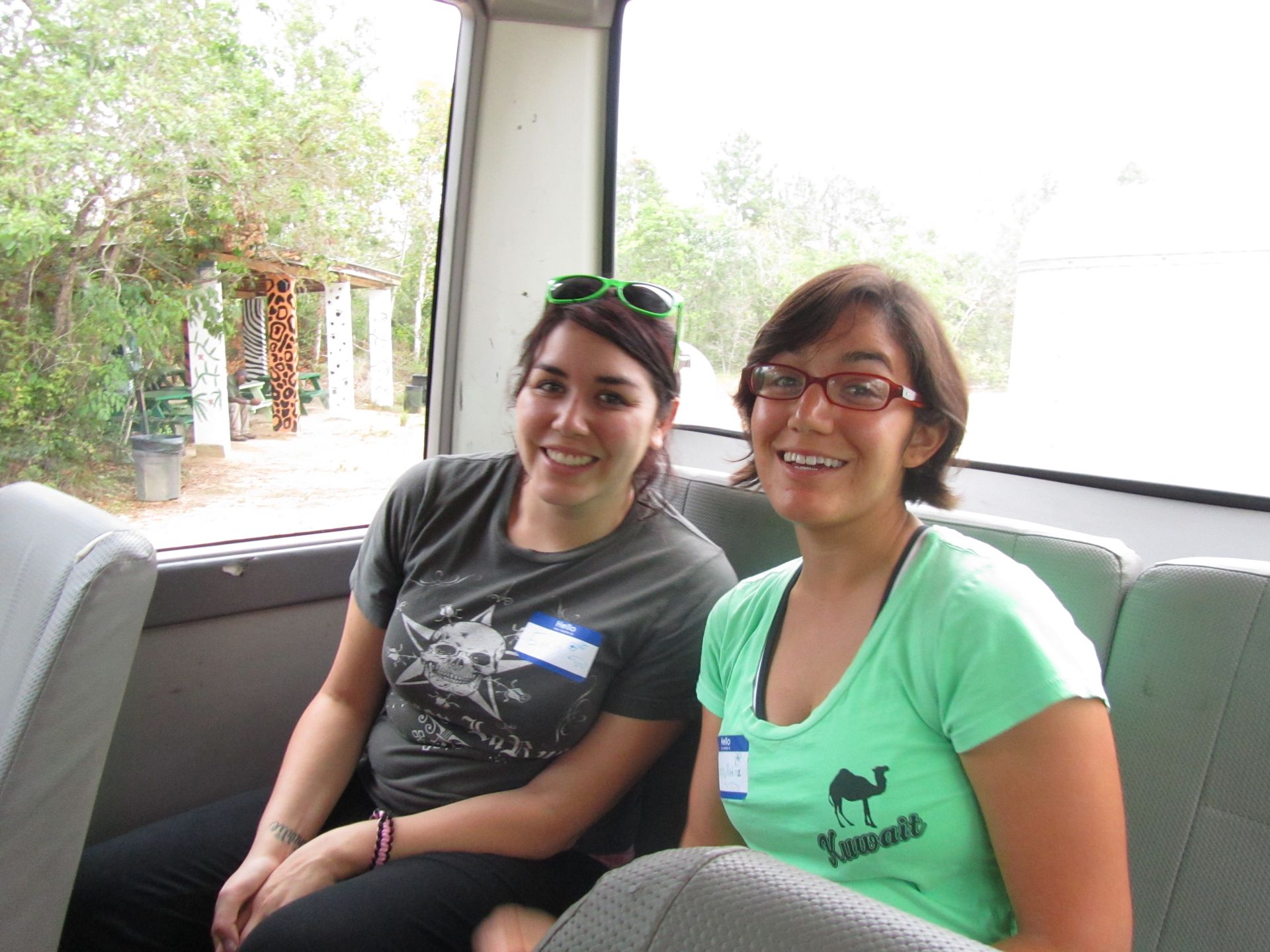There are many reasons why U.S. college students should consider studying abroad.
First, it's an opportunity to gain an international perspective and develop intercultural competence.
You'll learn about other cultures, their values, beliefs, and norms as well as how they differ from your own.
This can help you become more open-minded and flexible in your thinking, which will serve you well throughout life.
Second, studying abroad enhances your resume by giving it more depth (and length).
The fact that you studied in another country shows employers that you're capable of adapting to new environments; this makes them more likely to hire you over someone who hasn't had similar experiences outside their comfort zone.
Finally--and perhaps most importantly--studying abroad is FUN!






